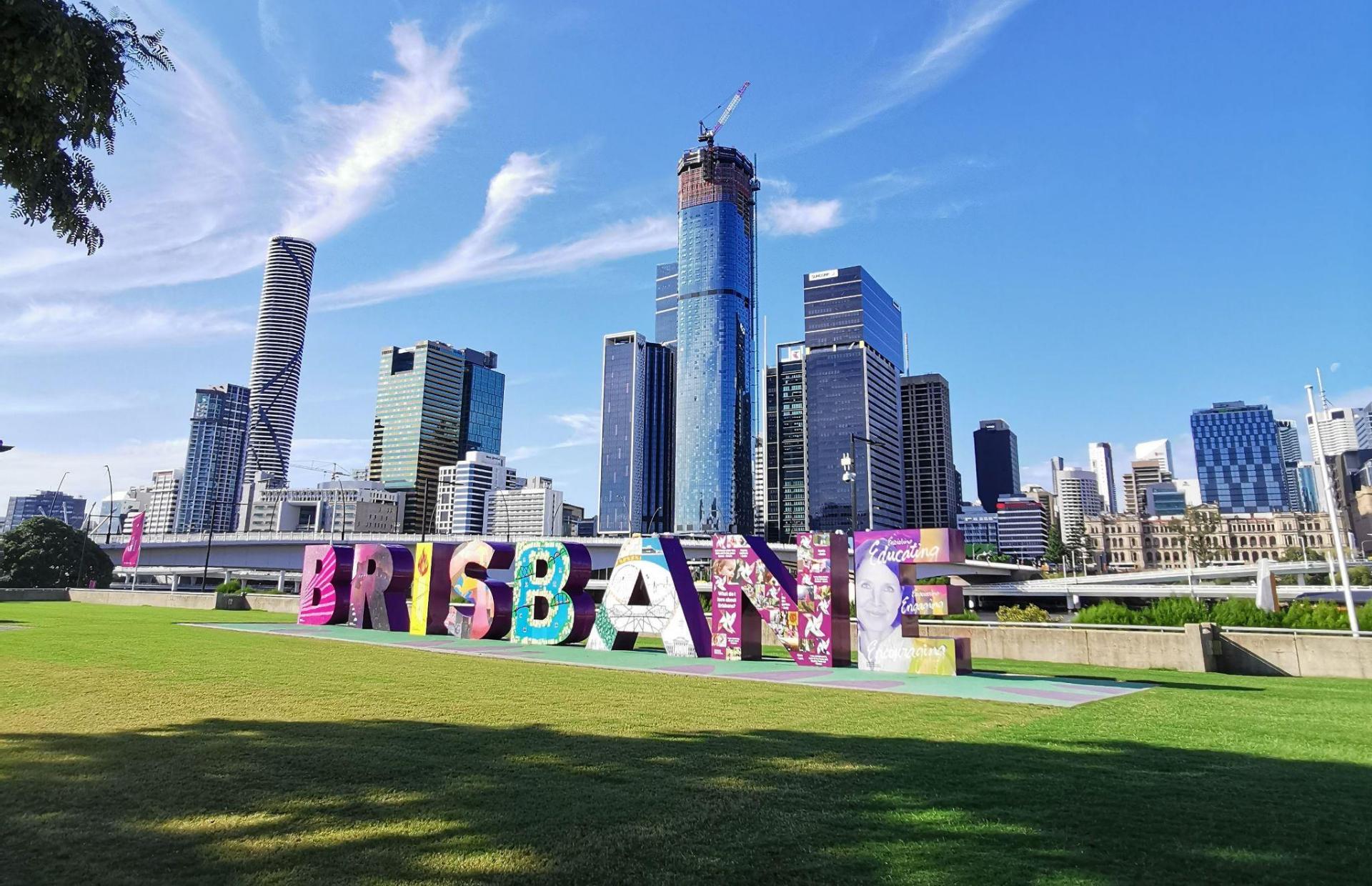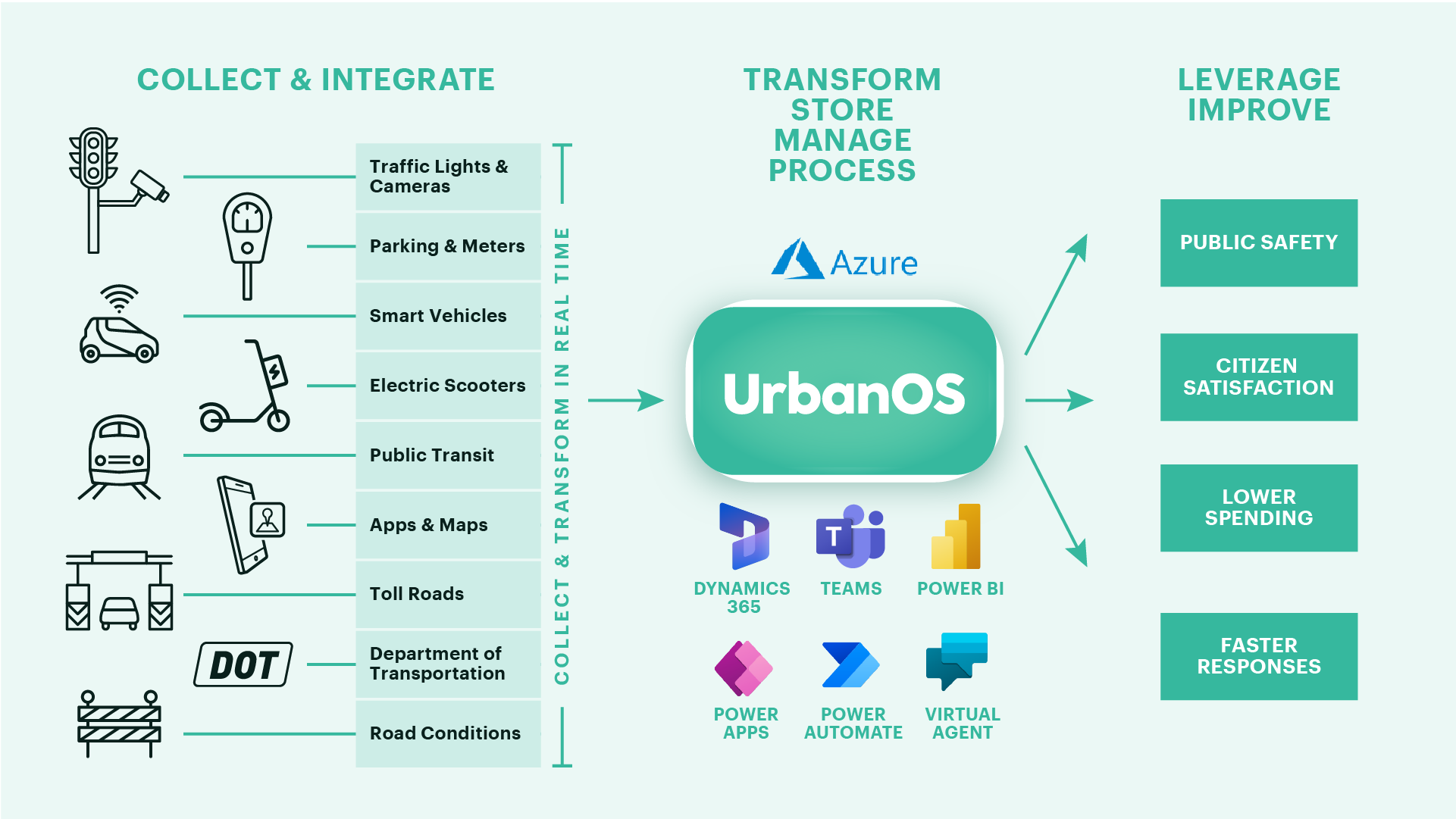Author | Jaime Ramos
Do smart cities need specific laws to contribute to their development? The easy answer to this question may be affirmative, but the solution is difficult. Because, what type of regulation should be established in order to pave the way for urban challenges?
What is smart city legislation?
Smart city laws refer to the series of legal codes that affect the planning, development and regulation of the specific features applicable to the smart city concept.
It would be easy to think that we already have thousands of years of experience in terms of regulating urban spaces. However, the technological challenges of smart cities has also led to the need to update and develop laws. This study by the Qatar University emphasizes this:
"Regulatory policymakers are required to go beyond the obvious and immediate benefits of smart cities to capture the full picture of potential impacts on regulatory and policy processes".
Reasons for requiring specific legislation for smart cities
Why should we have a common regulation governing the standards of smart cities? There are some extremely substantial reasons.
Safeguard fundamental rights
Artificial intelligence, IoT, smart cameras, digitalization, big data processing… the introduction of new technologies that has completely changed the content of fundamental rights and public freedoms. The need for new codes is extensive and complex, from the prevention of cyberattacks to how to manage urban security.
Enable the achievement of objectives
This implication is as essential as it is obvious. A strict regulatory framework that defines the conduct of public and private sectors helps increase effectiveness by achieving goals.
Substantiate social and economic cohesion
Based on the need to establish a legislative framework for coexistence that fosters collective wellbeing and redirects interests and technological capacity towards growth and the benefit of communities.
Control and transparency mechanisms that prevent abuse of power

One of the more complex points, since it refers to the control of governance in order to fulfill the common interests that justify it (Quis custodiet ipsos custodes?). The aim would be, for example, to establish the ethical and moral limits of the new social credit systems.
Coordination between legal agents
A smart city law would strike a balance between the interests at play within the various areas of regulatory production and application, from the perspective of the legislative, executive and judicial powers, and at a local, regional state or public-private level.
Three examples of the need for a regulatory reform
Data and privacy
A never-ending debate, intensified by new technologies. After the pandemic we became more aware of the dilemma of establishing the relationships between the advantages and disadvantages of sharing personal data. According to the subject matter expert, Edouard Geffray:
"The challenge starts when you realize that this interlink between private and public is only made possible by the flow of data. This flow must be fluid and efficient, and also framed by the principles of respect for privacy and personal freedom".
Sustainability

Given the huge number of interests, many of which oppose one another, and which are demanding challenges such as decarbonization, it is increasingly vital to harmonize regulations in order to established common guidelines for smart cities. The UN is aware of this and has designed its own guide for cities.
Self-driving cars
Self-driving cars are the perfect example of how a new technology can turn everything "upside down". There are countless implications that are being randomly pseudo-regulated depending on the area. Legislation for smart cities could standardize these.
Images | Freepik/kstudio, Freepik/xb100, Freepik/vecstock




















































